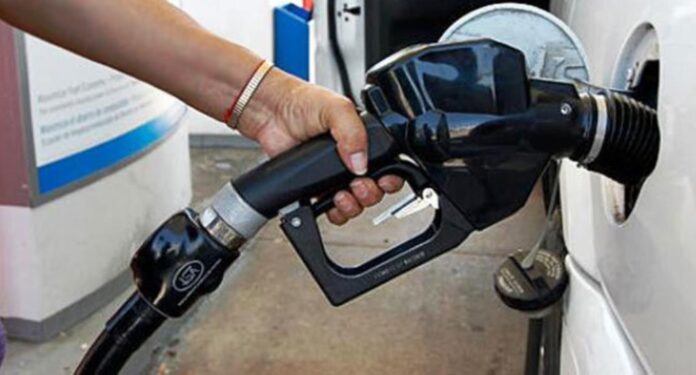Petrol shipments from Nigeria have dropped by 25% to their lowest point in three years, following a comparable decline in crude oil exports from the nation.
Low production levels and the departure of multinational corporations are the main causes of this reduction, which raises questions about the country’s capacity to fulfill its export obligations and profit from the world gas market.
Due to poor gas output, data from the Nigerian Upstream Petroleum Regulatory Commission (NUPRC) showed a 25.5% decrease in gas exports during the previous three years.
From 1.14 million standard cubic feet per day (MMSCF) in 2021 to 847,755 MMSCF in 2023, export sales decreased.
“The notable decline in exports may be associated with the recent withdrawals or divestitures of major Nigerian producers, like Shell, Eni, Equinor, and ExxonMobil, along with insufficient investment in critical areas,” stated Joshua Olorunmaiye, legal advisor at Banwo & Ighodalo specializing in energy and natural resources, projects, and infrastructure.
Notably, Olorunmaiye continued, “developing Nigeria’s deep-water potential and exploring it are important factors to change the recent decline.”
One of the issues impacting gas output, according to Ayodele Oni, energy partner at Bloomfield Law Practice, is inadequate gas infrastructure.
“Improving security measures using cutting-edge technology is also crucial for safeguarding gas infrastructure. This will stimulate investors and lessen damage to gas infrastructure.”
“It is imperative to enhance and execute policies related to gas utilisation, exportation, and consumption, all the while maintaining the deterrent effect on gas flaring and promoting gas commercialization.”
“To boost gas utilisation, it is imperative to foster the growth of industries dependent on gas. Together with putting systems in place to boost investments, efforts should be made to eradicate corruption from the industry,” Oni continued.
According to oil and gas expert Etulan Adu, pipeline vandalism, oil theft (bunkering), insecurity, and maintenance problems have all contributed to Nigeria’s ongoing decline in oil production. These factors have also significantly reduced gas production, which is used as feedstock for processing facilities like the Nigerian LNG plant, a major gas exporter.
Through long-term agreements with nations in Asia and Europe, including Portugal, Nigeria LNG (NLNG) sells gas exported from Nigeria as liquefied natural gas.
“Investment opportunities for Nigeria’s gas were diverted by the COVID-19 pandemic, the growing trend of insecurity surrounding gas pipeline infrastructure, and international competition from players like Qatar,” he stated.
The largest crude oil producer in Africa had a 13.5 percent reduction in gas production and a 22 percent loss in exporting between January and April of this year, continuing the pattern.
“The key question now is about how we intend to realise such lofty targets, as several ambitious goals have already been set out, even by previous administrations,” stated Olorunmaiye.
According to other experts, Nigeria’s declining gas export production and sales represent a loss of revenue that affects national budgets and the stability of the economy.
They pointed out that lower foreign exchange profits from petrol exports would exhaust reserves, which would have an impact on exchange rates and possibly raise inflation – a development the nation is already grappling with.
As per TNC’s research, Nigeria utilizes gas domestically in addition to exporting it for power generation, as well as for industrial heating, petrochemical, and fertilizer manufacture, and as fuel for natural gas-powered cars.
NUPRC data indicates that domestic sales had an overall upward trend between 2021 and 2023, with minor variations.
From 580,893 MMSCF to 569,329 MMSCF, there was a two percent decrease.
Nonetheless, domestic sales saw a notable uptick from 2022 to 2023, increasing from 569,329 MMSCF to 649,930 MMSCF, or a gain of almost 14.1%.
According to Olorunmaiye, “domestic gas sales have probably rebounded owing to the government’s enforcement posture with regard to domestic gas delivery obligations that Section 110 of the Petroleum Industry Act (PIA) mandates.”
Before March 1st of each year, all lessees are required to fulfill the residential gas distribution requirement as stipulated by Section 110 of the PIA.
As stated in the PIA, “A lessee may, voluntarily, conclude contracts for the delivery of marketable natural gas on a free market basis to these customers or suppliers with wholesale customers of the strategic sectors or with wholesale gas suppliers supplying the strategic sectors.”



